
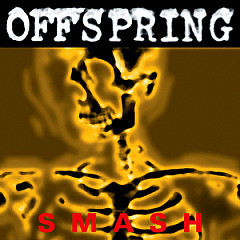
The line, "Gotta keep 'em separated" in "Come Out And Play" by The Offspring came to lead singer Dexter Holland when he was a medical student and needed to keep bacteria samples away from each other.
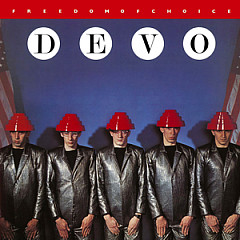
The Devo song "Freedom Of Choice" is about mindless consumerism - how people like to make frivolous choices, but otherwise want to be told what to do.
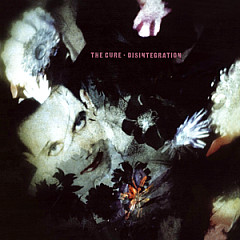
Robert Smith doesn't license Cure songs for commercials, but he made an exception in 2004 when he let Hewlett-Packard use "Pictures Of You." He needed the money to buy the group's back catalogue.
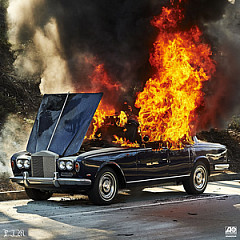
"Feel It Still" by Portugal. The Man deals with lead singer John Gourley becoming a "rebel just for kicks" after having a daughter and settling down. "It's hard to be a punk when you're thinking about your baby daughter at home," he says.

Rachel Platten refused to talk politics when her "Fight Song" became the anthem for Hillary Clinton's 2016 presidential campaign, a decision she came to regret.
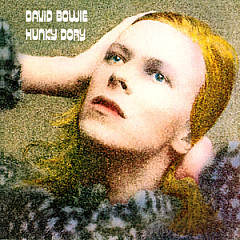
The movie The Breakfast Club opens with a passage from David Bowie's "Changes" ("And these children that you spit on...")
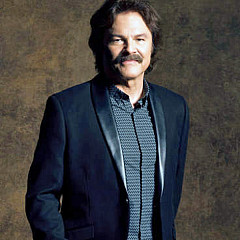
The Doobies guitarist and lead singer, Tom wrote the classics "Listen To The Music," "Long Train Runnin'" and "China Grove."
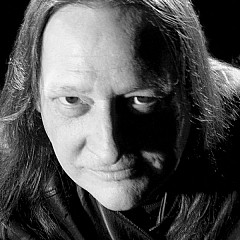
Writing great prog metal isn't easy, especially when it's for 60 musicians.
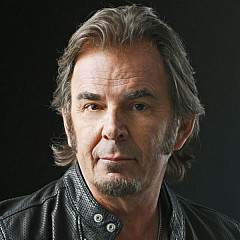
Cain talks about the divine inspirations for "Don't Stop Believin'" and "Faithfully."
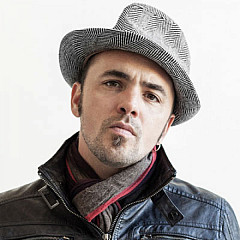
One of Canada's most popular and eclectic performers, Hawksley tells stories about his oldest songs, his plentiful side projects, and the ways that he keeps his songwriting fresh.
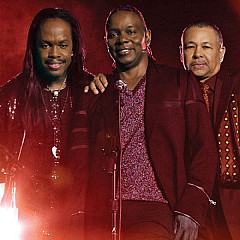
The longtime bassist of Earth, Wind & Fire discusses how his band came to do a holiday album, and offers insight into some of the greatest dance/soul tunes of all-time.
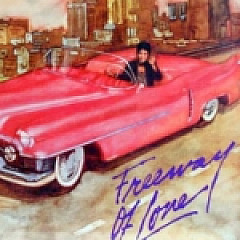
As a songwriter and producer, Narada had hits with Aretha Franklin, Whitney Houston, Mariah Carey and Starship. But what song does he feel had the greatest impact on his career?